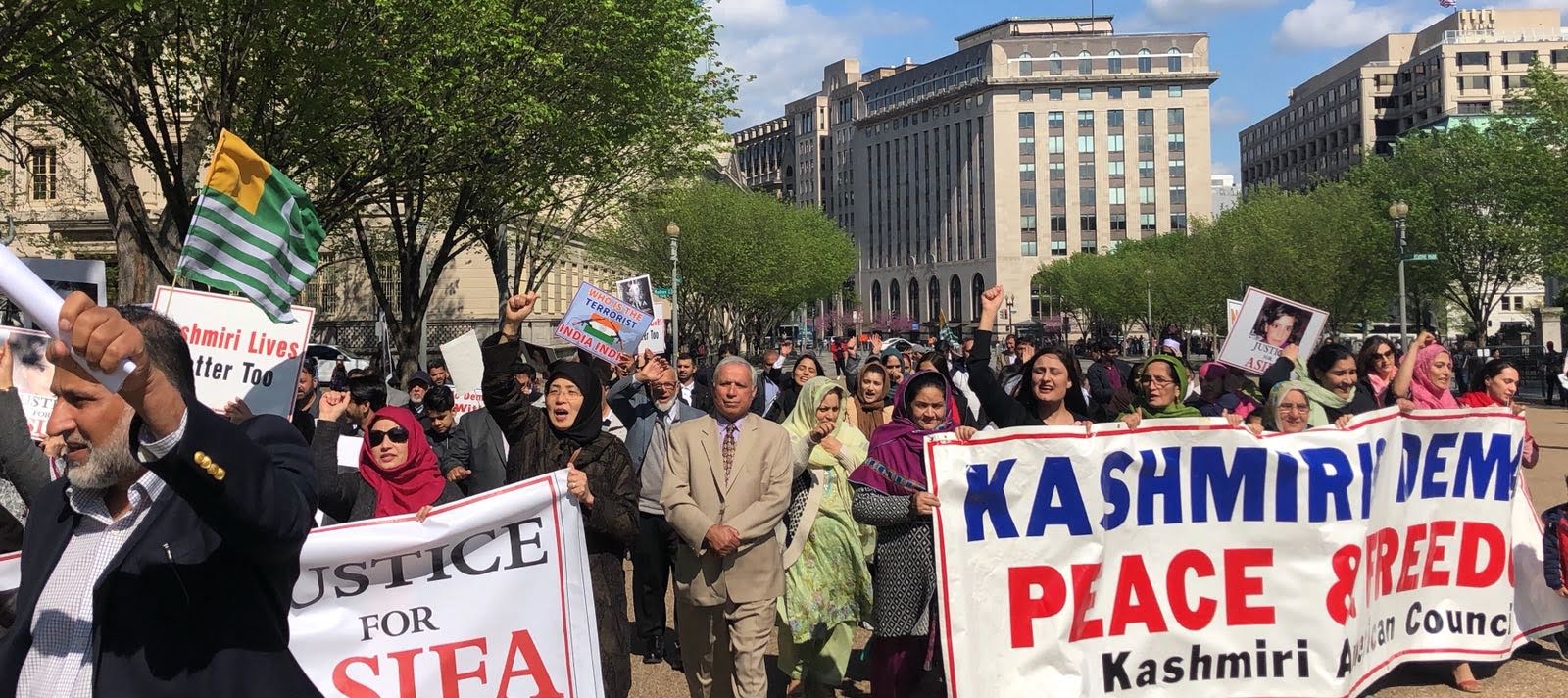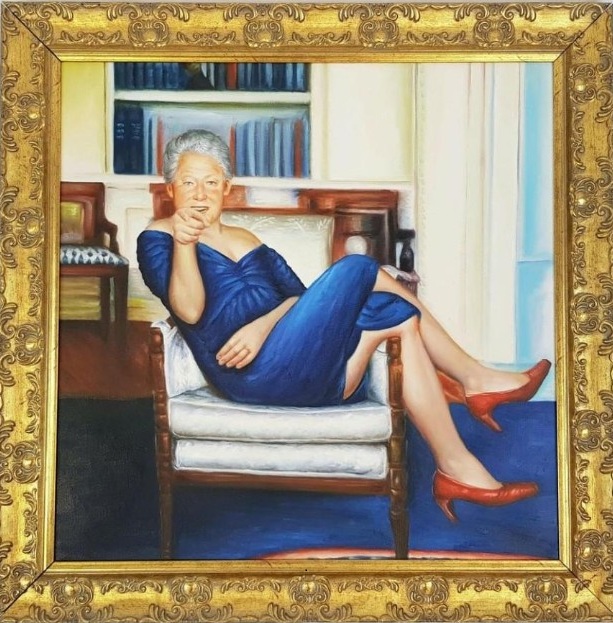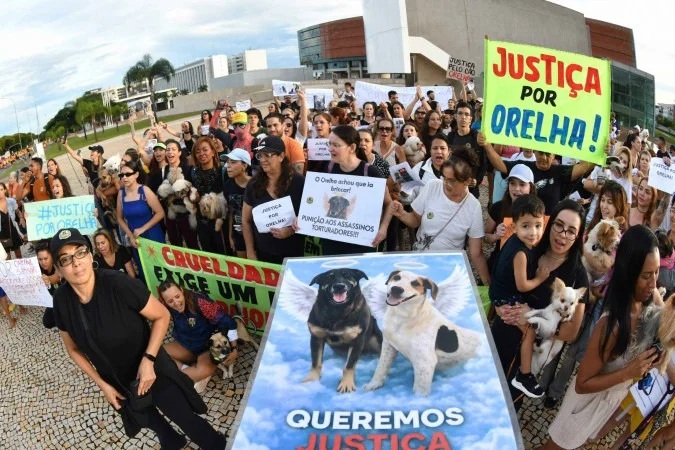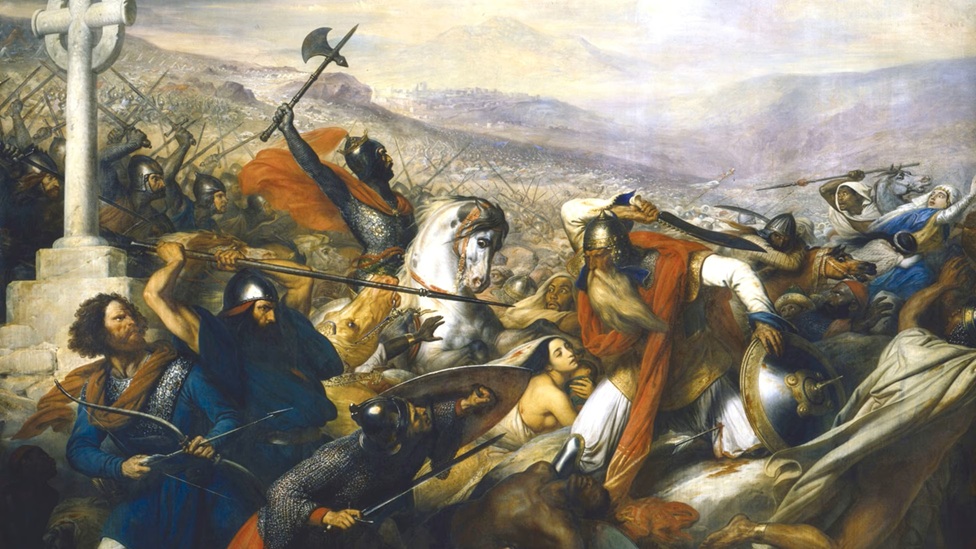
“The murder of Asifa, 8 years old angel from Kathua, Jammu & Kashmir has shaken the conscience of the leaders not only in South Asia but also all over the world. Asifa was abducted, drugged, gang raped and finally murdered simply because she was a Muslim in the so-called largest democracy of India. Rape is a crime against humanity. The killers of Asifa used the rape as a weapon of terror and fear to force not only Asifa but her whole community out of the city of Kahua,” said Dr. Ghulam Nabi Fai, Secretary General, World Kashmir Awareness Forum during a huge rally in front of the White House in Washington, D.C. The participants were waving placards and chanting slogans like: “Justice for Asifa”; “No Justice No Peace” “Kathua Rape: Stain on Indian Democracy” “Wake Up Wake Up: UN Wake Up,”
Fai thanked Antonia Guterres; the Secretary General of the United Nations who said the gang rape and murder of an eight-year-old girl in Kashmir is a "horrific” incident and demanded that those who are guilty of this crime need to be brought to justice. Fai called upon the Secretary General as the custodian of human rights to send the clear message to the Government of India that such brutality and cruelty cannot be tolerated in the comity of nations in this day and age. He demanded that the investigation of Asifa’s case has to be impartial, and has to be done by a neutral agency like the United Nations and those found guilty need to be kept accountable.
Professor Imtiaz Khan, President, Kashmiri American Council said that Asifa’s case is not an isolated one. There are more than 10,000 innocent women whose honor was violated in Indian occupied Kashmir. All those cases need to reopen and investigated by an international neutral agency. Dr. Khan cited the example of Kanun Poshpora where more than 100 women between the ages of 7 to 70 were gang raped in 1991. It was reported in the New York Times, Amnesty International and other NGO’s. Yet no investigation has taken place until today. Dr. Khan expressed great concern at the miserable and gloomy humanitarian condition in Kashmir.
Sardar Sawar Khan, former Advisor to the Prime Minister of Azad Kashmir said that the murder of Asifa should be an eye opener for the world powers that their silence has given sense of immunity to the Indian army as well as to the ruling party, Bahartiya Janata Party. (BJP). Sawar Khan called upon the US Administration to play an active role in bringing the governments of India and Pakistan to the negotiating table along with the leadership of the people of Kashmir so that a durable and lasting solution is found to the 70 years old conflict of Kashmir.
Dr. Zafar Noori said that the issue of Kashmir is simply the issue of the right of self-determination which was agreed upon by both India and Pakistan and endorsed by the United Nations Security Council. He called on India to accede to international law in Kashmir and to cooperate in holding a referendum. Dr. Noori emphasized that it is inescapable moral responsibility of the United States, as the leader of the free world and champion of the human rights to take a leadership role in helping to resolve the 70 years old conflict of Kashmir.
Dr. Zulfiqar Kazmi, Director, Common Ground USA said that the denial of right of self-determination to the people of Kashmir has brought the two neighboring countries to the brink of nuclear disaster. There is no freedom of expression and freedom of assembly in Kashmir. Peaceful protests are responded to by brute force. Dr. Kazmi demanded a peaceful environment where people can express their political opinions freely without any external coercion and intimidation.
Dr. M. A. Dhar said Kashmiris want a peaceful settlement but if the youth are pushed to the wall without any ray of hope, they will become disillusioned which might lead to frustration and destruction. Such a situation will not be helpful to establish peace in the region. He urged the international community to help resolve the Kashmir dispute for the sake of peace and stability in the region of South Asia.
Sardar Aftab Roshan Khan accused the government of India for not allowing the leadership of the Kashmiri resistance for any political activity which is clear violation of the fundamental right to movement and speech. He said that the United Nations has the moral responsibility to respond to the anguish of the people of Kashmir.
Ms. Shamshad Begum cited the examples of the extensive human rights abuses by the Indian army in Kashmir. She said that since, 1990, the Indian forces have been engaged in a sustained campaign of slaughter, rape, arson and destruction. The state terrorism has resulted in more than 100,000 deaths. The killing of innocent people must end in Kashmir.
Hamid Malik reiterated that tragically, the legitimate aspirations of the people of Kashmir are being crushed with the grotesque and brute force of indian occupation forces.
Khalid Faheem said that Kashmir has been brutally victimized by human rights violations perpetrated by 700,000 military and paramilitary personnel. It makes Kashmir the largest army concentration anywhere in the world.
Sardar Zahid Khan of Philadelphia proposed that the case of Asifa should not be handed over to infamous and notorious Central Bureau of Investigation (CBI) but instead to an independent, unbiased and neutral agency so that those responsible could be brought to justice.
Dr. A. R. Meer said that the world knows that the underlying cause of the tensions between India and Pakistan is the on going conflict over Kashmir. He hoped that tripartite talks between India, Pakistan and Kashmiri leadership would help resolve the longstanding dispute over Kashmir.
Sardar Zubair Khan said that the whole world knows the magnitude of carnages committed by Indian army in Kashmir but they have yet to utter a word of condemnation. He suggested that India needs to be persuaded to repeal the draconian laws which gives total impunity to the Indian army in Kashmir.
Hisham Khan said that the denial of democratic principles and human rights in Kashmir has spawned nuclear and missile proliferation in the region. He said that the so-called peace process between New Delhi & Islamabad will not yield positive results unless the leadership of the people of Jammu & Kashmir is included in the talks
Sardar Zarif Khan condemned the continuous house arrest of the Hurriyet leadership in Srinagar who wanted to go to attend the peaceful public gatherings in Kashmir. This is a clear violations of Geneva Convention.
Shafiq Shah expressed his anguish on the latest human rights violation, particularly on the Ceasefire Line inside Azad Kashmir. He said that too many lives were lost because of the obduracy of one party that is India.
Sardar Zulfiqar Roshan Khan acted as the Emcee and thanked the attendees who came with their families and friends to express solidarity with the people of Kashmir.
Dr. Fai can be reached at: 1-202-607-6435 or [email protected]





